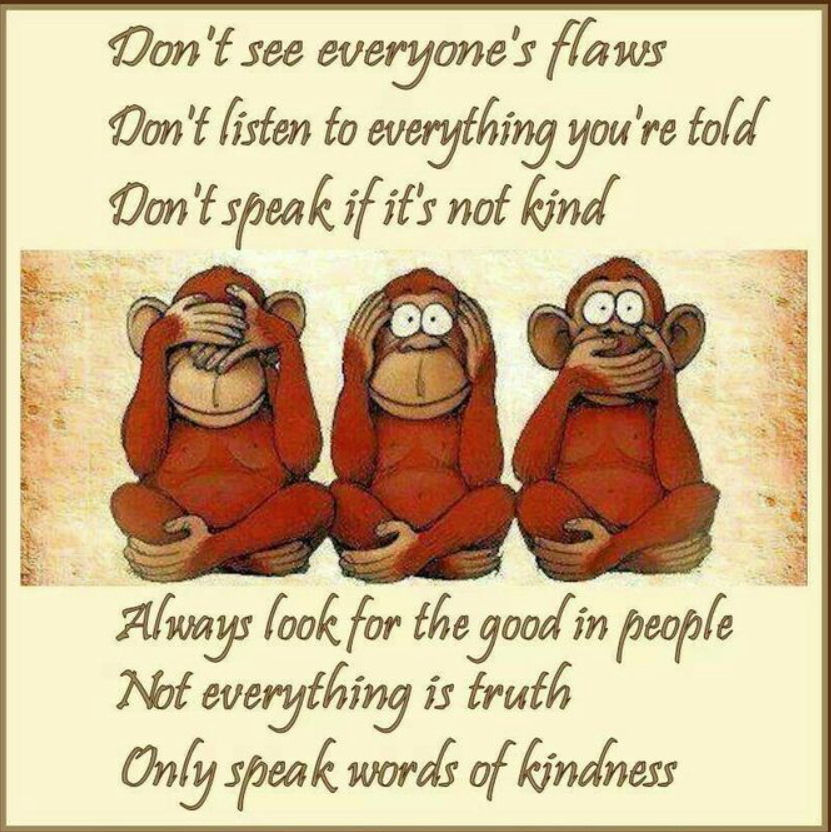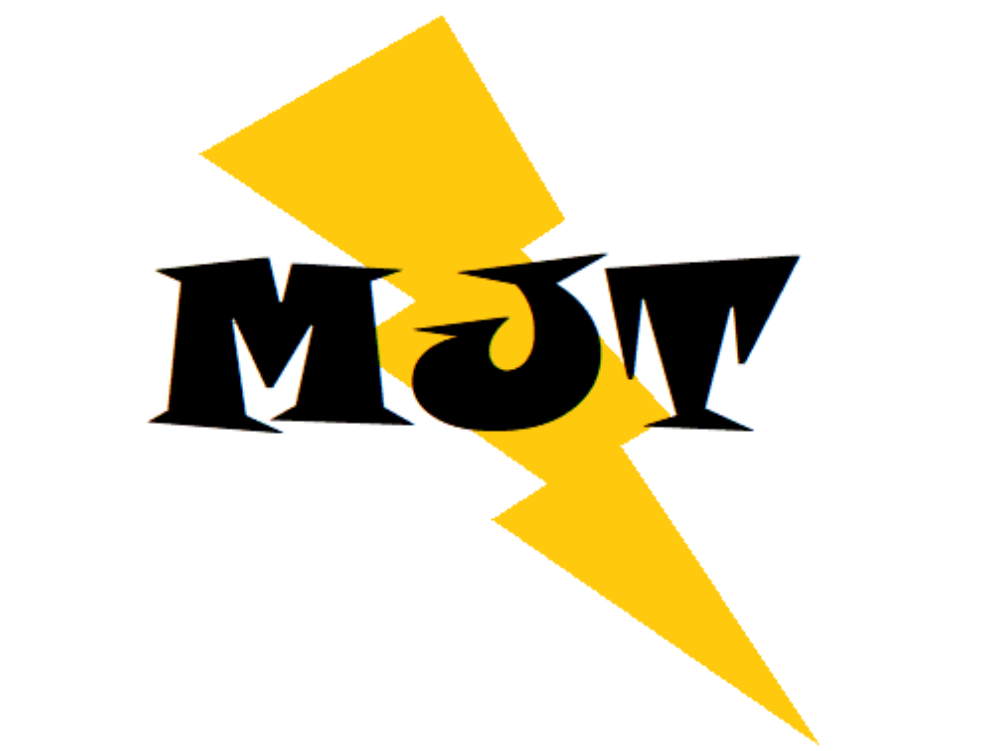
Please Pass The Potatoes
That’s such a simple and common request. Probably most of us have said this or something similar many times before. It’s an amazing ability that our species has to be able to communicate with words. Without them we’d be left to point and make noises of some kind to try to get a second helping of spuds at supper. Probably both inefficient and frustrating. Also fairly limiting. How many different simple noises can you make? Probably not enough to adequately get across to others the range of thoughts, feelings, and other things you express on a daily basis.
Looking at how language began is one way to pass the time for a linguist.
“No other natural communication system is like human language. Human language can express thoughts on an unlimited number of topics (the weather, the war, the past, the future, mathematics, gossip, fairy tales, how to fix the sink…). It can be used not just to convey information, but to solicit information (questions) and to give orders. Unlike any other animal communication system, it contains an expression for negation – what is not the case. Every human language has a vocabulary of tens of thousands of words, built up from several dozen speech sounds. Speakers can build an unlimited number of phrases and sentences out of words plus a smallish collection of prefixes and suffixes, and the meanings of sentences are built from the meanings of the individual words. What is still more remarkable is that every typically-developing child learns the whole system from hearing others use it.” Source: https://www.linguisticsociety.org/content/how-did-language-begin
The number of different languages is astounding. How many different ways are there to ask for more potatoes? Quite a few.
“There are currently around 6,500 languages in the world. The country with the most languages and dialects is probably Papua New Guinea, a country on the border between Asia and Australia with historically numerous trade relations in large parts of Asia, Australia and Oceania. There are said to be over 800 individual languages there. In the U.S. alone, over 300 different languages are spoken, about 170 of which originated in the Americas. It is noticeable that the density of languages around the equator is increasing significantly. In Central Africa, South and Southeast Asia and Northern South America, there are numerous different languages and dialects, the diversity of which does not occur in other regions. The reasons for this are primarily of a social and ecological nature. In regions with higher ecological risks and thus greater dependence on fellow human beings, there are more numerous and closer social ties. This results in a much smaller number of different languages. Conversely, this means that in small and fertile countries, more independent peoples with less economic dependence are formed. Only 1,000 years ago, the number of languages worldwide was about 9,000. Due to increasing globalization, however, this number is steadily decreasing and is leading to linguistic homogeneity. It is assumed that in 2050, there will be only about 4,500 languages left, only 3,000 in 2100 and only 100 by the beginning of the 23rd century.” Source: https://www.worlddata.info/languages/index.php
Communicating with others in different parts of the world can be a complicated process based on the number of different ways that exist for us to speak to one another. This is true when we’re talking about languages based on words. Those who live in certain areas of Africa add an extra richness to their language by the use of clicks.
“The Tanzanian Rift region has long been a source of fascination for linguists. “It’s the only part of Africa that brings together the four major families of African languages,” explains Didier Demolin, a researcher in experimental phonetics and director of France’s Institute of Linguistics, General and Applied Phonetics (ILPGA) in Paris. “They include the Nilo-Saharan languages like Maasai, the Niger-Congo group like the Bantu languages, Afro-Asian tongues like Iraqw, which we are studying, and the Khoisan family, which is mainly found further south but is present in Tanzania through Hadza, with some one thousand speakers.” Iraqw and Hadza are two complex-consonant languages of the Tanzanian Rift that are of particular interest to specialists for their incredible richness. “Hadza is part of the Khoisan group, which can have as many as 130 phonemes, compared with an average of 30 for the world’s other languages,” Demolin notes. “By themselves they represent a good half of the phonatory capacity of humankind – in other words half of all the phonemes that our vocal tracts and articulators are physiologically capable of producing!” Hadza uses 65 different consonants, including a dozen clicks, short percussive sounds produced by a reduction of air pressure in the vocal tract. Iraqw is characterised by “ejective” consonants, veritable blasts of sound that are especially intriguing to phoneticians.” Source: https://news.cnrs.fr/articles/unlocking-the-secrets-of-click-languages
Easter Egg #1: A small population of people in Turkey communicate across mountain valleys by whistling.


